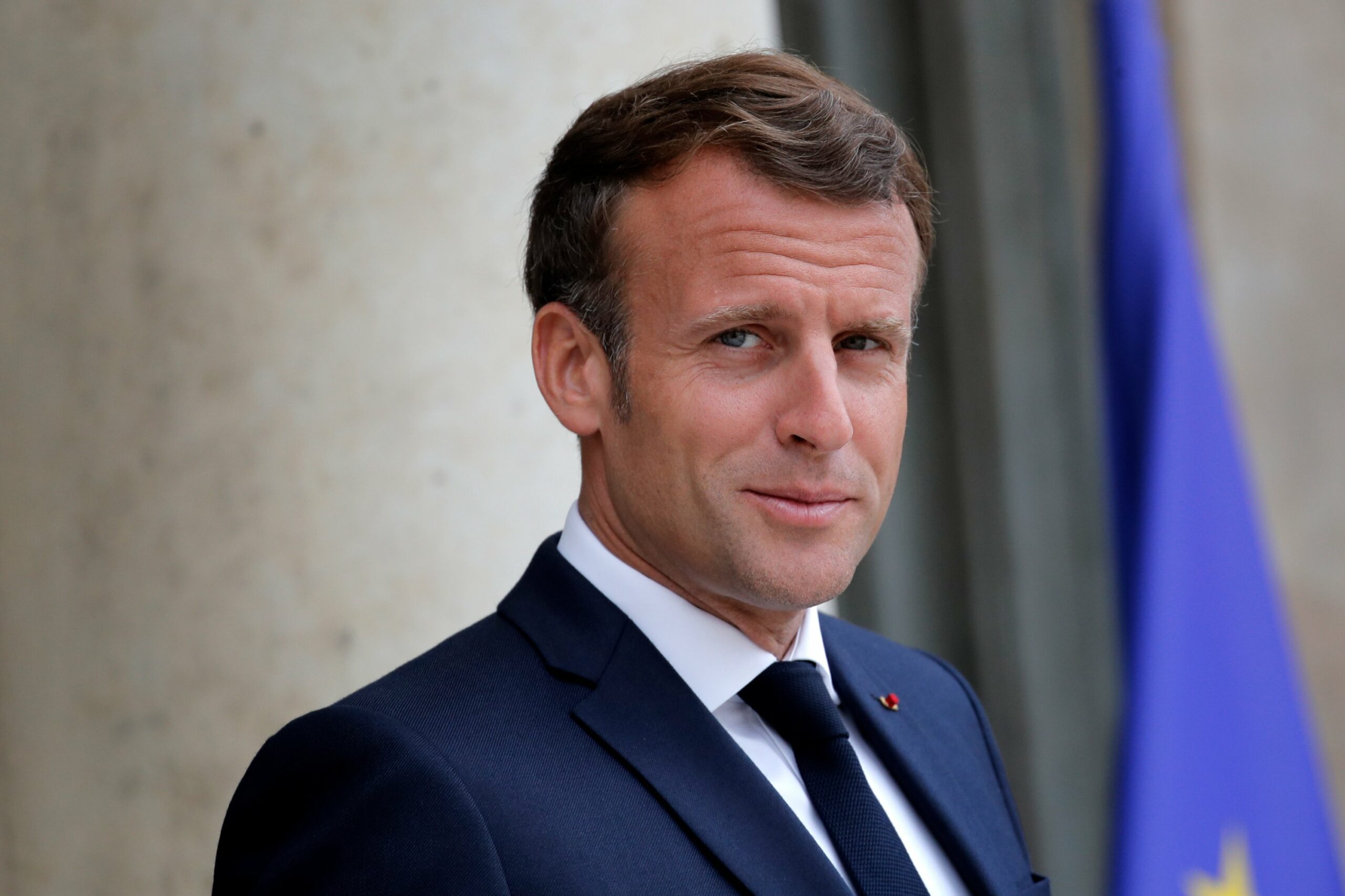Macron, France and its neo-colonies
The French President, Emmanuel Macron, is a very interesting player in the political arena and often sets out to do the opposite of what rational actors would do to surprise, and hopefully, defeat the enemy. This is seen clearly in his African policy. Over the past few years, a very successful campaign attacking French neo-colonialism […]

French President Emmanuel Macron
The French President, Emmanuel Macron, is a very interesting player in the political arena and often sets out to do the opposite of what rational actors would do to surprise, and hopefully, defeat the enemy. This is seen clearly in his African policy. Over the past few years, a very successful campaign attacking French neo-colonialism has been ongoing and led to coup d’états that produced the result of throwing out France and its military bases in Mali, Niger and Burkina Faso. This anti-French movement continues to grow in the other Francophone African countries and more hits against France are likely to occur in the coming months.
The charges against France are strong. The deepest is the retention of large detachments of French soldiers in its former colonies with sufficient capacity to remove from power any president that even suggests a possibility of reducing his country’s subservience to France. With presidents in their pockets, France then imposes control over the currency for its neo-colonies which it runs; it keeps their foreign reserves in the French treasury and buys their natural resources way below their market value.
That was how France as a country became dependent of the excessive exploitation of its neo-colonies. Most of the coup d’états that have occurred in Francophone Africa have been cases of France punishing political leaderships that begin to ask questions about this extreme exploitation and control.
Before the recent anti-French revolt, the last time France has been frontally challenged by a neo-colony was Sekou Touré in Guinea in 1958 and Thomas Sankara in Burkina Faso in 1983. The revolts by Mali, Burkina Faso and Niger are therefore a shattering blow to the French system. One would think the French President, Macron, would soft-pedal on French assertiveness at such a delicate time. He did exactly the opposite.
What the world saw was a bold statement from Macron announcing that in this system, all powers belong to the French despot resident in Paris and the subordinates must bend to the will of France. He therefore directed that the Francophonie Summit of 4th and 5th October 2024, which had been rotating around various capitals over the last 33 years, should be held in Paris this year at the Cité Internationale de la Langue Française, where in 1539 the Ordinance of Villers-Cotterêts was signed by King Francois 1st.
The ordinance had two elements. The first was the ban of the use of Latin as the language for laws and official correspondence as was the case throughout Europe at the time. In other words, he was asserting the superiority of French nationalism over internationalism.
The second element of the law was the ban on teaching and speaking local French languages such as Occitan. The bitterness about the ban on Occitan was so deep that it resurfaced over two centuries later, during the French Revolution when the centralist-nationalists Jacobins defeated the regionalist-federalist Girondins, finally settling the matter that centralism and control by Paris would remain the definitive character of the French State.
I found it incredible that this is the message President Macron had for his Francophone subalterns at this time when French neo-colonialism is mobilising energies against the country. I guess it’s his choice to make.
His other message is exemplified by his persecution of the Pan-Africanist nationalist campaigner, Kemi Seba, who has devoted years to bringing down French neo-colonialism in West Africa. His massive social media following has been instrumental in exposing French neo-colonialism and mobilising nationalist forces against them. The French State threatened him but he continued his advocacy. The French Government then withdrew his nationality at a time when his own country of origin, Benin Republic, was seeking to arrest him.
In a show of defiance, Kemi Seba burnt his French passport on live television and continued exposing Macron’s arrogance. The French secret service has just arrested him for treason. By openly persecuting voices against French neo-colonialism, President Macron is strengthening the said voices against neo-colonialism.
There is a strong possibility that the new regime in Senegal, which has been using anti-French rhetoric similar to Kemi Seba, may join the battle against French neo-colonialism in a frontal manner. That would be a big blow if the country of Senghor, the late world leader in French grammar, who was more comfortable in Paris than in Dakar, would join the open battle against French neo-colonialism.
But that is not even the greatest fear facing the French State. Their vision of geo-strategic tragedy is the growing popularity of the coup phenomenon in the streets of West African cities. The three populist regimes in Mali, Burkina Faso and Niger have been spreading the gospel that the time has come for the entire region to liberate itself from the shackles of French neo-colonialism.
The terror in Macron’s head is what if the dominos begin to fall with more coups in Cote d’Ivoire, Togo, Benin and so on that join the bandwagon of chasing out France. That would be the definition of a tragic end to the Macron presidency and completely destabilise not just the country’s geo-politics but also its economy and prestige.
By bringing Francophone leaders to Villers-Cotterêts Castle to remind them that France is the boss, President Macron might be committing a mortal sin. He is telling the people of West Africa that their leaders, by remaining subservient to France, have remained in the enemy camp at this moment of monumental progressive change. Trust Macron, with a little more determination, he may succeed in crumbling the neo-colonial edifice General De Gaulle worked so hard to build in 1958.
